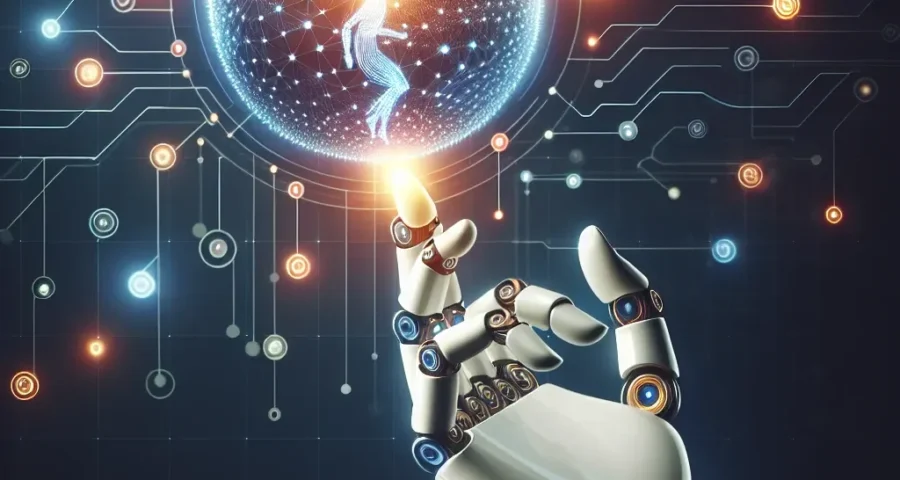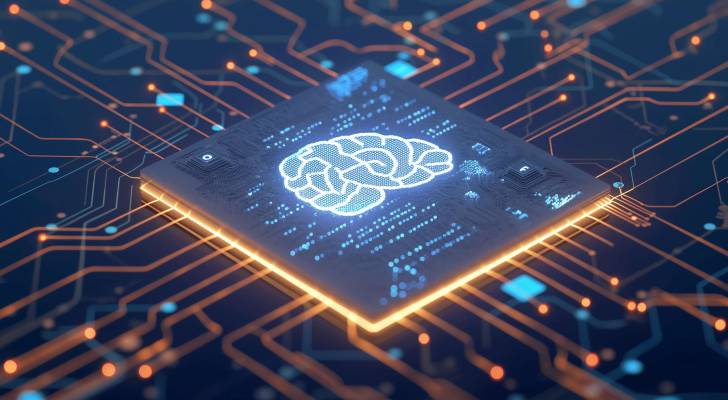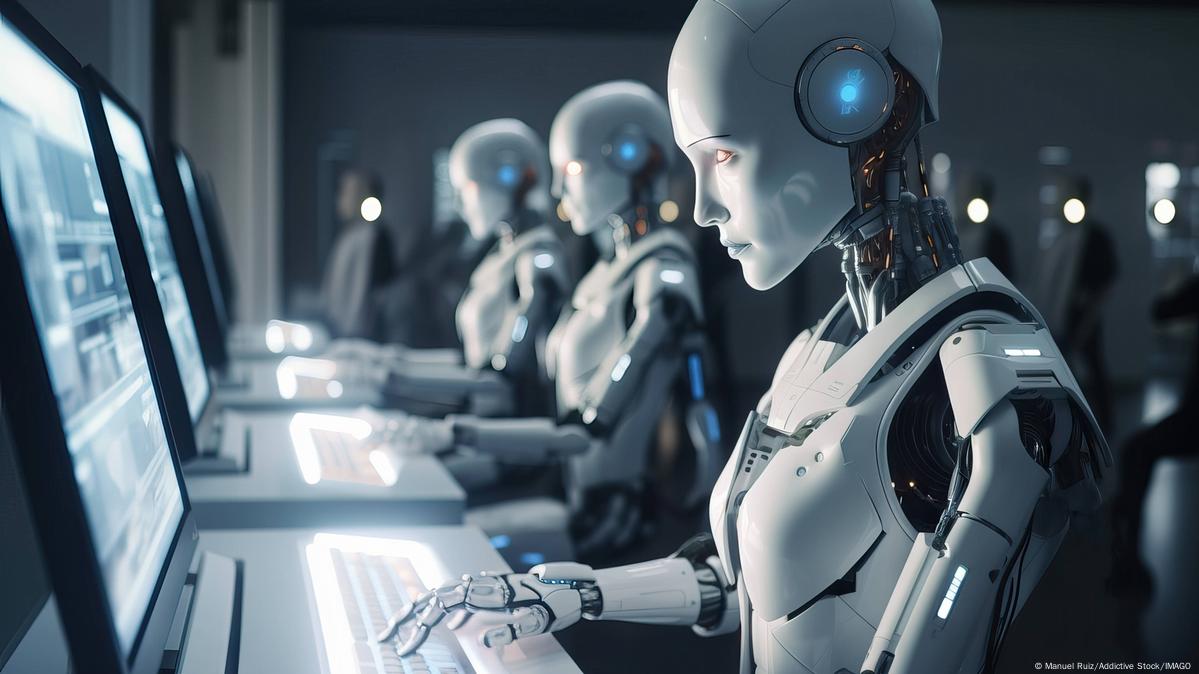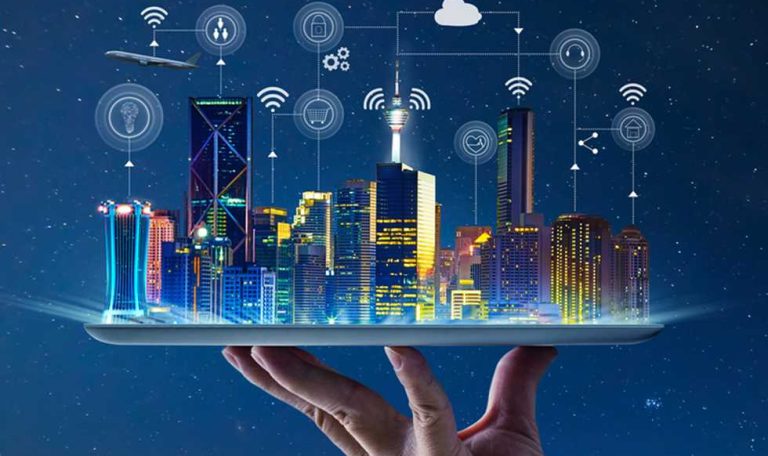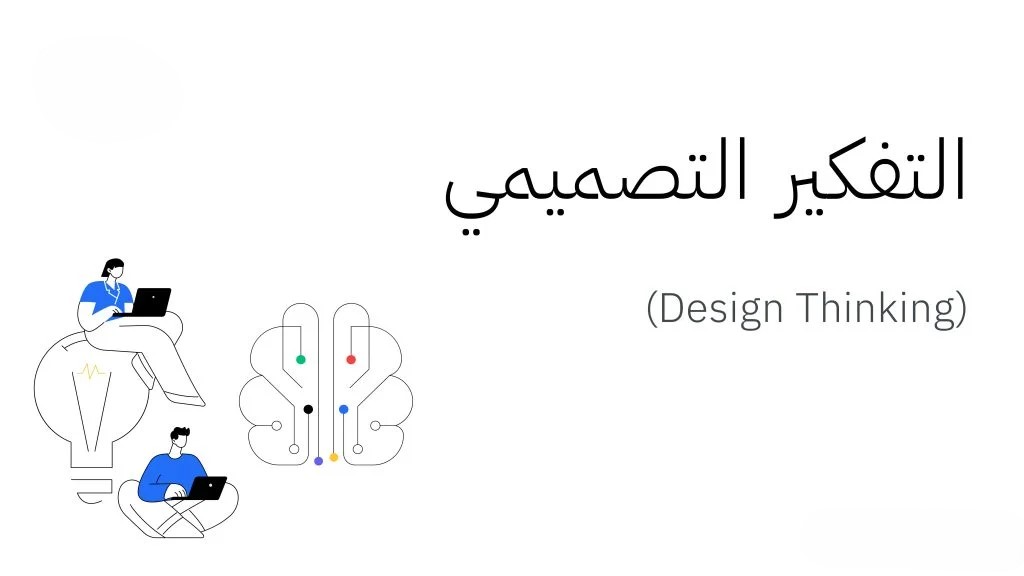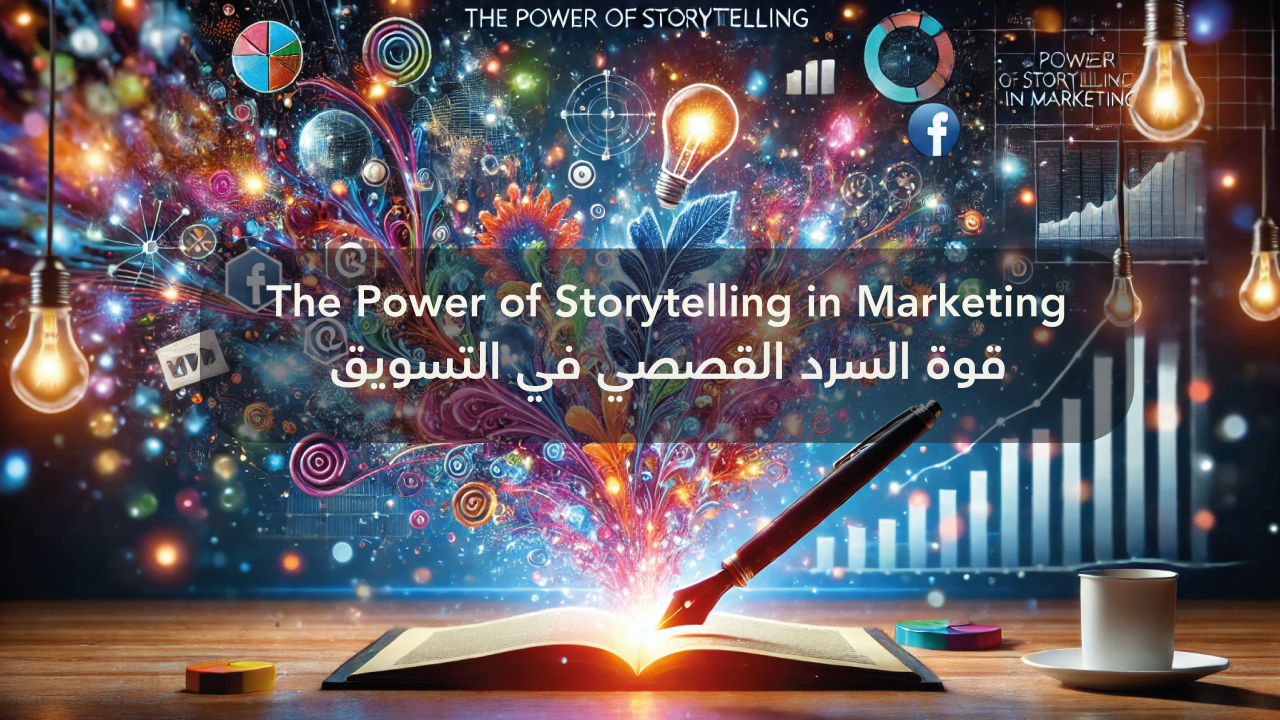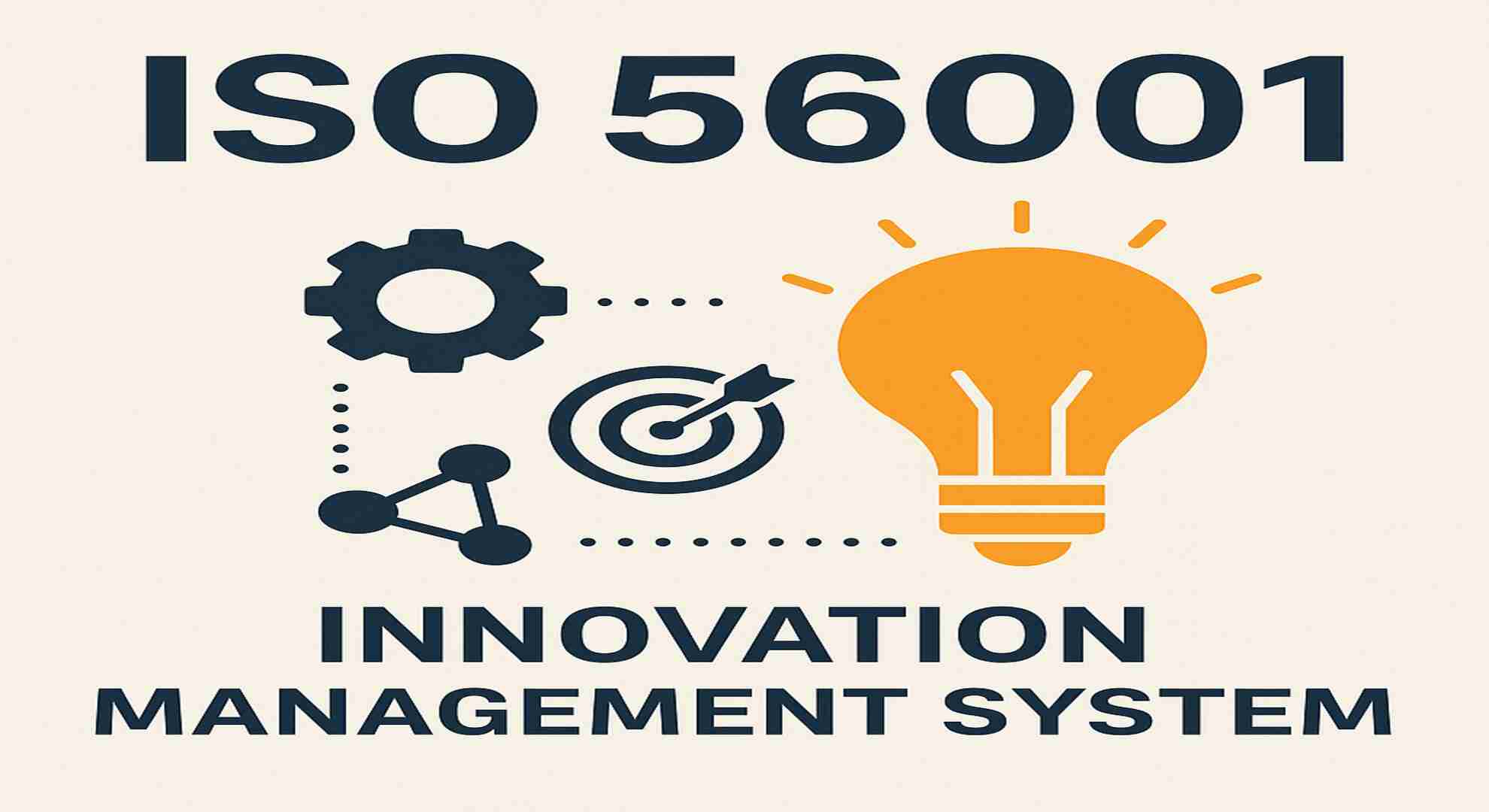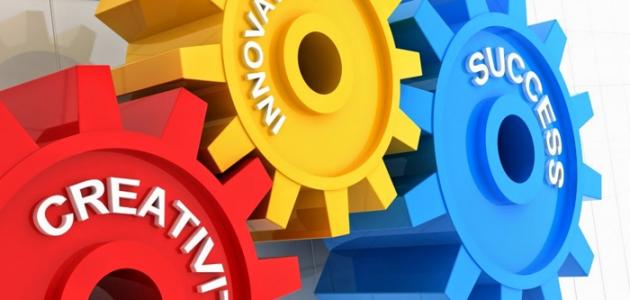In a world where technological changes accelerate every day, it is no longer necessary to talk about Artificial intelligence and innovation It is no longer a luxury or intellectual indulgence, but has become a strategic necessity for any organization seeking to remain at the heart of the competition.
It is clear that artificial intelligence (AI) is no longer just a fantasy idea we see in movies, but has turned into a real force that is reshaping the way companies operate around the world.
However, we cannot discuss artificial intelligence without addressing innovation, as they are two sides of the same coin. While AI represents the tool, innovation represents the method that enables this tool to make a real difference in performance and productivity.
By combining artificial intelligence and innovation, organizations can open new doors to growth, turning smart ideas into practical achievements that make a real impact on the market.
In this article, we will explore together — in a simple and clear style — how artificial intelligence is changing the future of work, and how companies can use it to improve productivity and create a smarter and more sustainable environment.
Firstly: What is artificial intelligence and why is it at the heart of innovation today?
Before we delve into the details, let’s start with the basics.
artificial intelligence It is a branch of computer science that aims to enable machines to perform tasks that normally require human intelligence — such as understanding, analysis, learning, and decision-making.
But what truly makes this technology unique is its ability to learn from data and improve its performance over time without direct human intervention.
For example, Today’s artificial intelligence technologies include advanced fields such as:
- Machine Learning: which enables systems to extract patterns from big data and automatically improve their results.
- Natural Language Processing (NLP): which enables computers to understand and interact with human language as we do.
- Computer Vision: Which gives the systems the ability to analyze images and videos, and to recognize shapes and people with amazing accuracy.
While these concepts may seem technical, their practical application is now evident in our daily lives — from voice assistants such as Alexa and Google Assistant are being added to the self-driving cars being developed by Tesla.
Second: How does artificial intelligence promote a culture of innovation within organizations?
It is natural for some to ask: What does artificial intelligence have to do with creativity? Isn’t artificial intelligence a programmed machine, while innovation is a human act?
In fact, the relationship between the two is complementary, not competitive.
Here’s how it happens 👇
1. Automate routine tasks to increase focus on creativity
By automating repetitive and tedious tasks, artificial intelligence gives employees the time and energy to think of new solutions.
For example, Companies like Amazon Intelligent algorithms for inventory management and demand forecasting, allowing human teams to focus on developing innovative services and improving the customer experience.
In other words, artificial intelligence does not exclude humans from the equation, but rather frees them from routine to become more creative.
2. Analyzing big data to discover hidden opportunities
In the past, companies relied on intuition to determine market trends.
Today, thanks to artificial intelligence, it can analyze huge amounts of data and discover patterns that were previously invisible.
For example, it uses Google Deep learning systems to improve search ranking based on user behavior, making the experience more accurate and faster.
Similarly, it depends Netflix It uses artificial intelligence algorithms to recommend suitable movies and TV series to users based on their preferences, which enhances user loyalty and retention.
Therefore, artificial intelligence is not limited to analysis, but extends to becoming a strategic engine that supports smarter and more realistic decision-making.
3. Accelerate the development of new products and services
When companies harness the power of artificial intelligence, they can condense months of research and development into a few days.
For example, In the pharmaceutical sector, companies such as Pfizer & Moderna Artificial intelligence was used to quickly analyze thousands of chemical compounds, which contributed to the development of vaccines in record time during the coronavirus pandemic.
In addition, artificial intelligence can analyze customer feedback and market reviews to suggest realistic improvements to products, dramatically accelerating the innovation process.
4. Improving administrative decisions and strategic planning
Artificial intelligence does not change decision-makers, but it makes their decisions more accurate and flexible.
By analyzing financial data, market behavior, and customer trends, artificial intelligence offers Predictive insights help leaders make informed decisions based on facts, not guesswork.
For example, Used IBM Watson uses artificial intelligence to analyze millions of business transactions and suggest solutions to reduce risks and increase efficiency.
Thus, artificial intelligence becomes a true strategic partner in the management and planning process.
Third: Artificial Intelligence and Productivity — A Revolution in the Business World
Today, artificial intelligence has become the backbone of modern productivity.
It does not merely automate tasks, but completely redesigns work methods to make them faster and smarter.
1. Improving operational efficiency in factories and companies
In the manufacturing sector, companies such as Siemens and GE are developing predictive algorithms to analyze equipment performance and predict failures before they occur.
This type of smart maintenance not only reduces costs, but also increases production by up to 20% in some cases.
In addition, it became Cooperative robots (Cobots) An integral part of modern production lines, working alongside humans, reducing errors and increasing accuracy.
On the other hand, artificial intelligence systems are also used in quality control, as they can detect minute defects in products faster than the human eye.
2. Accelerating Research and Development (R&D)
In the world of technology, speed is a crucial factor.
Therefore, companies have begun using artificial intelligence to reduce the time between idea and execution.
For example, it depends Google DeepMind On artificial intelligence in protein research (the AlphaFold project), which revolutionized biology by predicting protein structure with high accuracy.
This type of innovation not only serves the health sector, but also paves the way for new scientific discoveries in multiple fields.
3. Enhance customer experience intelligently
Customer experience is perhaps the area where artificial intelligence shows its true magic.
From chatbots that answer customer inquiries around the clock, to smart recommendation systems on e-commerce sites, the experience has become more personalized and seamless.
For example, it uses Amazon Artificial intelligence is not just for recommending products, but also for managing the end-to-end buying experience — from predicting what the customer might need later, to improving delivery speed.
In addition, it depends Airbnb Using artificial intelligence to analyze travelers’ preferences and suggest ideal destinations and accommodations for them, thus increasing customer satisfaction and enhancing their loyalty to the platform.
4. Real-time support for decision-makers
In a fast-paced world, quick decision-making has become a crucial competitive advantage.
This is where artificial intelligence comes in as a tool that enables leaders to make immediate decisions based on real-time data.
For example, In the transport and logistics sector, it depends UPS It uses artificial intelligence algorithms to analyze traffic and predict delays, helping it improve delivery routes and save millions of dollars annually.
Therefore, it can be said that artificial intelligence is no longer just a supporting technology, but has become A partner in decision-making and productivity.
Fourth: Challenges facing the application of artificial intelligence and innovation
Although artificial intelligence opens new horizons for organizations, the path to innovation is not always easy. Every new technology brings with it a set of obstacles that must be dealt with wisely and flexibly.
1. Human Skills Challenges
Initially, one of the most significant obstacles facing companies is Lack of specialized expertise.
Even the most ambitious organizations cannot implement effective artificial intelligence projects without teams that have expertise in data analysis, information security, and algorithm development.
While the pace of technological development is accelerating, the skills gap continues to widen. Therefore, it is essential that Companies are investing in training their employees on these modern technologies.
On the other hand, cooperation with specialized partners can be relied upon to accelerate the smart transformation process, which helps to avoid costly mistakes at the beginning.
2. Data quality and accuracy
In addition to the lack of skills, there remains Data quality is one of the most important challenges.
Data is the primary fuel that feeds artificial intelligence systems, but if this data is inaccurate or biased, errors will be reflected in decisions.
For example, Some automated recruitment systems at global companies have faced criticism for unintentionally discriminating against certain groups, simply because the data used in their training was unbalanced.
Therefore, collecting data is not enough; it is necessary Cleaning, analyzing, and verifying their diversity Continuously to ensure fair and effective results.
3. Privacy and digital security protection
On the other hand, Concerns about user privacy are increasing day by day.
Artificial intelligence relies on huge amounts of data, and this data is often highly sensitive.
For this reason, companies are now required to put Strict cybersecurity policies, and ensuring compliance with international laws such as the General Data Protection Regulation (GDPR).
For example, it developed Apple A unique model for dealing with privacy by implementing data processing on the device itself instead of the cloud, which reduces the likelihood of information leaks.
In addition, it is proceeding Microsoft is moving in the same direction by promoting transparency in how customer data is used within its smart services.
4. Resistance to change
It is natural for some employees to feel apprehensive about artificial intelligence, fearing that it will replace them.
But the truth is that artificial intelligence doesn’t come to eliminate humans, but to empower them. More powerful tools to accomplish their tasks.
However, overcoming resistance to change requires clear leadership and positive communication messages from senior management.
For example, Companies like IBM and Google Internal programs should be implemented to train employees to use smart tools instead of being afraid of them, which promotes a culture of collective innovation within the organization.
Fifth: The future of artificial intelligence and innovation — where are we headed?
In fact, we are living through a pivotal historical moment.
As reliance on artificial intelligence increases in all areas of life, the outlines of a more integrated future between humans and machines become clearer.
1. The new generation of artificial intelligence
Over the coming years, artificial intelligence will become more advanced and flexible than ever before.
Generative technologies such as ChatGPT, Midjourney, and Claude It has already begun to reshape entire sectors, from marketing and media production to education and healthcare.
Interestingly, these tools are no longer limited to large institutions; they have become available to everyone, meaning that Innovation has become more democratic than ever before.
Therefore, any startup today can compete with giant companies by using smart tools in an innovative way.
2. Integration between artificial intelligence and other technologies
In addition, artificial intelligence will not operate in isolation from other technologies, but will form the core of integrating multiple solutions such as:
- The Internet of Things (IoT): where billions of devices will connect to artificial intelligence to exchange and analyze data in real time.
- Cloud computing: which will provide the resources needed to run artificial intelligence systems, even for small businesses.
- Blockchain: which will add a new layer of transparency and security to smart operations.
For example, Used Tesla A combination of artificial intelligence and the Internet of Things is being used to develop self-driving cars, while relying on Amazon Web Services (AWS) is integrating cloud and artificial intelligence to deliver advanced analytics services to businesses across various sectors.
3. Towards a more humane and sustainable artificial intelligence
Although artificial intelligence relies on algorithms, the new global trend is moving towards A more human intelligence — that is, an intelligence that places values and morals at the heart of its design.
This means that companies are now required to build smart systems that take into account fairness, transparency, and environmental sustainability.
For example, it works Google On initiatives to reduce energy consumption in its data centers through artificial intelligence systems capable of automatically adjusting cooling, reducing energy consumption by 40%.
Similarly, smart energy companies such as Siemens Energy uses artificial intelligence technologies to improve resource efficiency and reduce carbon emissions.
Therefore, artificial intelligence is not merely a means to generate profits, but has become a tool for achieving Sustainable economic growth that serves both people and the environment.
Sixth: How can companies effectively adopt artificial intelligence?
It is certain that every company today is thinking about how to integrate artificial intelligence into its operations.
However, simply buying a tool or platform is not enough; success requires following a specific path. Integrated strategic approach It combines technology, culture, and leadership.
Practical tips for adopting artificial intelligence intelligently
- Start with the actual need, not the tool.
Before investing in any technology, the problem or goal must be clearly defined.
For example, Is the goal to improve customer experience? Or reduce costs? Or increase operational efficiency? - Train your team consistently.
Knowledge is the real capital in the age of artificial intelligence.
It is important for employees to learn how to use smart tools in a way that serves the company’s goals. - Start small, then expand the experience.
Try a limited pilot project at first. Then, if it proves successful, gradually expand it. - Choose the right partners.
Collaborating with specialized companies like Reins helps you implement effective AI strategies without risk or wasted resources.
Seventh: Reins — Your partner towards intelligence and innovation
At Reins, we believe that artificial intelligence not only changes technology, but also changes the way we think about work.
We help organizations transform AI concepts into practical applications that make a real difference in efficiency and productivity.
Through our smart strategies, we help you to:
- Analyze your data and extract accurate insights to support your decisions.
- Automate your operational processes in innovative and secure ways.
- Designing customized artificial intelligence solutions that suit your company’s needs.
- Building a flexible digital environment that supports innovation and sustainable growth.
In other words, we don’t just offer technologies — we offer Knowledge partnership It enables you to unleash your team’s potential and turn ideas into tangible results.
Eighth: Towards a smarter and more productive future
It is clear that the world is moving towards a new phase of digital transformation.
And with all this development, it becomes Flexibility and innovation are the true keys to success.
Companies that start building their smart infrastructure today will be the leaders tomorrow.
Therefore, investing in Artificial intelligence and innovation It is no longer an option, it is A strategic necessity to ensure growth and sustainability in the rapidly changing digital market.
In conclusion, let us remember that artificial intelligence does not replace humans, but rather enhances their creative power.
With the right partners like Reins, every organization can confidently begin its journey towards a smarter, more efficient future.
